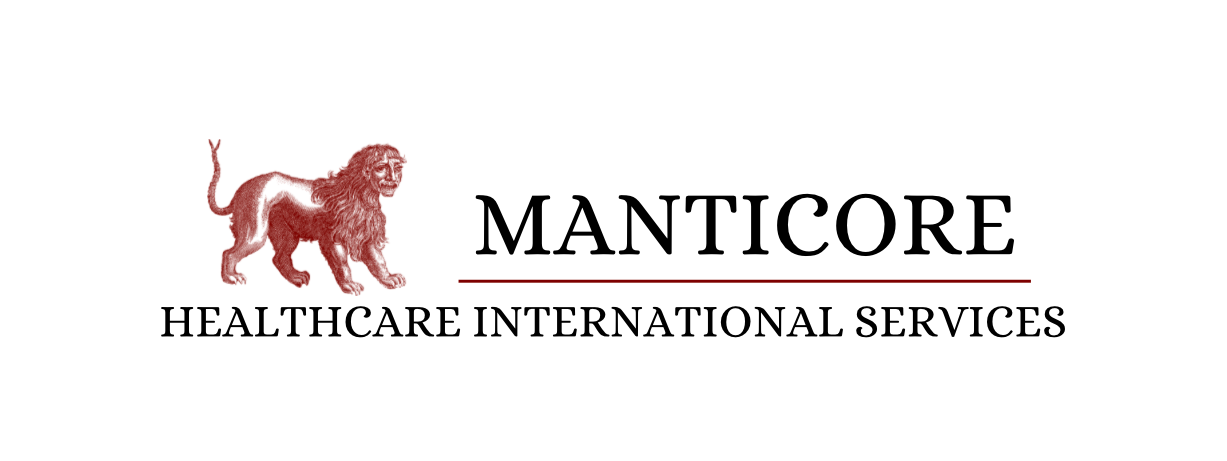Effective leadership is the cornerstone of successful hospital management. Strong leadership goes beyond administrative tasks—it drives transformative change, fosters a positive organizational culture, and improves both clinical and operational outcomes. From setting strategic goals to guiding teams through complex challenges, the role of hospital leaders has never been more critical. In this article, we explore how effective leadership can shape the future of healthcare organizations, ensuring better patient care, operational efficiency, and staff satisfaction.
1. Driving Change and Innovation in Healthcare
Healthcare is constantly evolving, with new technologies, treatment protocols, and regulatory requirements reshaping the industry. To navigate these changes successfully, hospitals need leaders who are not only adaptable but also proactive in driving innovation. Strong leadership inspires hospitals to stay ahead of the curve by identifying emerging trends and integrating new practices that enhance patient care and improve efficiency.
- Championing Technological Integration: Hospital leaders play a crucial role in adopting cutting-edge technologies like artificial intelligence (AI), telemedicine, and electronic health records (EHR) systems. By embracing innovation and creating a culture of technological curiosity, leaders can help hospitals streamline operations, reduce costs, and improve patient outcomes.
- Promoting Continuous Improvement: Effective leaders promote a culture of continuous improvement, where staff are encouraged to find new ways to enhance patient care and operational processes. This approach not only keeps hospitals competitive but also ensures that they are consistently providing the best possible care to patients.
- Managing Change Effectively: Change is often met with resistance, especially in large, complex organizations like hospitals. Strong leaders understand the importance of communication and collaboration when introducing new initiatives. By involving staff in decision-making processes and clearly explaining the benefits of change, leaders can ensure smoother transitions and higher levels of buy-in across the organization.
2. Fostering a Positive Organizational Culture
The culture within a hospital can have a profound impact on everything from patient satisfaction to staff retention. Effective hospital leaders understand that fostering a positive organizational culture is essential for driving long-term success. A healthy, supportive work environment not only improves morale but also enhances teamwork, leading to better patient care.
- Building Trust and Transparency: Hospital leaders must cultivate an environment of trust by promoting transparency in decision-making, open communication, and accountability. When staff feel informed and involved, they are more likely to be engaged and motivated to contribute to the hospital’s success.
- Encouraging Collaboration: Healthcare is inherently a team-based field, requiring coordination between doctors, nurses, administrative staff, and other healthcare professionals. Strong leaders emphasize collaboration and create systems that allow interdisciplinary teams to work together effectively. This results in better patient outcomes and a more cohesive workforce.
- Recognizing and Valuing Staff Contributions: Effective leaders know the importance of acknowledging the hard work and dedication of their teams. By celebrating achievements and providing opportunities for professional growth, leaders can create a culture of recognition and appreciation. This not only boosts morale but also reduces turnover and promotes loyalty to the organization.
3. Improving Clinical Outcomes Through Strategic Leadership
Leadership plays a vital role in improving clinical outcomes by setting clear goals, ensuring accountability, and fostering an environment of evidence-based practice. Strong leaders have the ability to align hospital operations with the goal of providing the highest quality of care, and they make strategic decisions that prioritize patient well-being.
- Setting Clear Clinical Goals: Effective hospital leaders work closely with clinical staff to establish clear, measurable goals aimed at improving patient outcomes. These goals may include reducing infection rates, lowering hospital readmission rates, or improving patient satisfaction scores. By setting specific targets and tracking progress, leaders can help the entire organization stay focused on delivering excellent care.
- Promoting Evidence-Based Practice: Strong leaders advocate for evidence-based care, ensuring that clinical decisions are made based on the best available research and data. This approach helps reduce variations in care, improves consistency, and leads to better health outcomes for patients.
- Ensuring Accountability and Quality Control: Leadership in hospital management also involves holding staff accountable for maintaining high standards of care. This includes implementing quality control measures, such as regular performance evaluations, audits, and patient feedback systems. Leaders who enforce accountability create a culture of excellence that translates into better clinical outcomes and patient safety.
4. Enhancing Operational Efficiency
Operational efficiency is critical for the success of any hospital, and strong leadership is essential for managing resources effectively. By optimizing processes and improving workflow, hospital leaders can reduce costs, eliminate inefficiencies, and enhance the overall patient experience.
- Streamlining Hospital Operations: Leaders play a key role in optimizing hospital workflows, ensuring that resources are allocated appropriately and that processes run smoothly. This might involve adopting new technologies, such as automated scheduling systems or predictive analytics tools, that help reduce administrative burdens and improve patient flow.
- Financial Stewardship: Hospital leaders must also be effective financial stewards, ensuring that the organization operates within its budget while still delivering high-quality care. Strong leaders work closely with financial teams to identify cost-saving opportunities, negotiate with suppliers, and make informed decisions about investments in new technologies or services.
- Optimizing Staffing Levels: Ensuring that hospitals are adequately staffed is another critical component of operational efficiency. Effective leaders use data and predictive models to forecast patient volumes and adjust staffing levels accordingly, ensuring that patient needs are met without overburdening staff or stretching resources too thin.
The role of leadership in hospital management cannot be overstated. Strong, effective leadership is essential for driving positive change, fostering a collaborative culture, improving clinical outcomes, and enhancing operational efficiency. By focusing on innovation, supporting staff, and prioritizing patient care, hospital leaders can guide their organizations through the challenges of modern healthcare and ensure long-term success.
Hospitals with visionary leaders are better equipped to adapt to industry shifts, embrace new technologies, and deliver exceptional care to their patients, positioning themselves as leaders in the healthcare field.


